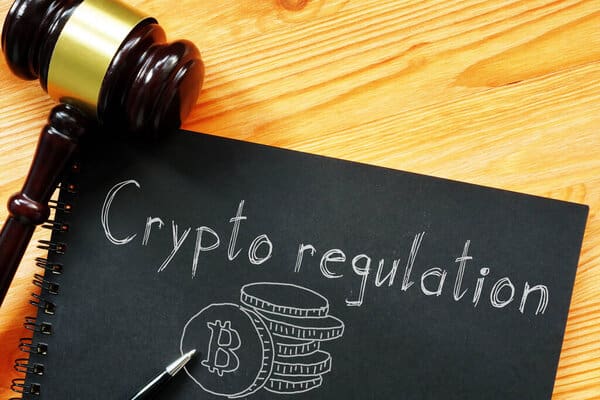Kazakhstan Financial Monitoring Agency (FMA) In 2023, strict measures were taken, effectively blocking access to around 1,000 cryptocurrency exchanges that lacked proper registration to operate in the country.
In a recent government announcement on December 7, the FMA highlighted its commitment to curbing illicit exchange activity and preventing money laundering, disclosing action against 980 unauthorized platforms. FMA Chairman Ruslan Ostroumov revealed these statistics at the Eurasian Group meeting on money laundering held in China.
crackdown on regulation of unlicensed exchanges
The country’s digital assets law, which came into effect in February 2023, stipulates that digital currency creation and cryptocurrency trading activities must obtain a state license. The Astana International Financial Center (AIFC), which serves as Kazakhstan’s designated special economic zone, is responsible for providing preliminary approval for these operations.

The extensive list of blocked unlicensed exchanges includes several prominent international platforms in particular. During the development in November, Kazakhstani citizens were banned from accessing the Coinbase website following a government order from the Ministry of Culture and Information. A representative for the Ministry said the request originated from the Ministry of Digital Development, citing Coinbase’s breach of digital asset laws.
Approved operator in Kazakhstan
Amid stringent measures, some selected platforms have been approved to operate under Kazakhstan’s regulatory framework. Companies such as binance, bybitCaspianEx, Biteeu, ATAIX, UpbeatAnd Xignal&MT has secured permission to conduct cryptocurrency operations in the country.
The FMA’s proactive actions highlight Kazakhstan’s commitment to enforcing strict regulatory compliance in the cryptocurrency sector and highlight the need for proper registration and compliance with the country’s digital asset laws.

